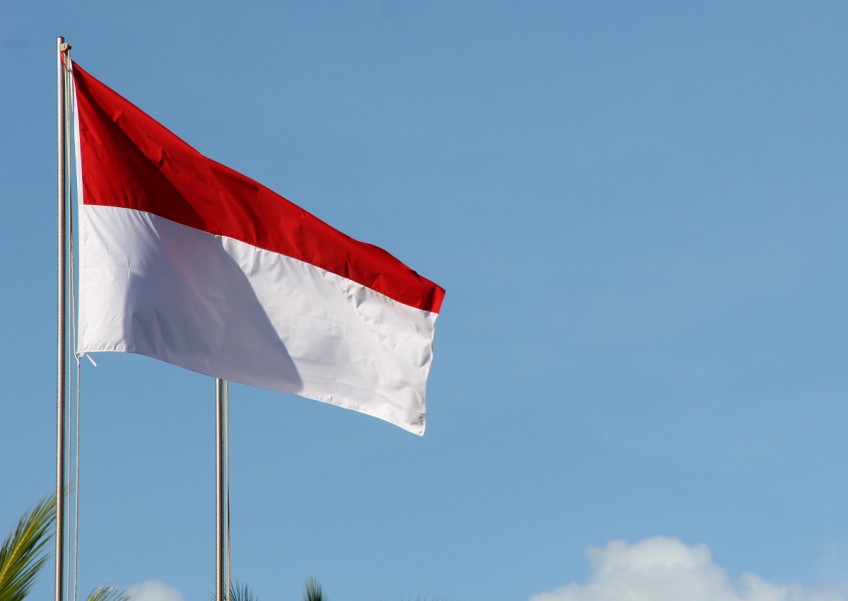Indonesia softens internet law after critics complain of misuse

JAKARTA — Indonesia's parliament on Tuesday (Dec 5) passed a revision to its internet law, softening articles that critics said have been used to stifle government opposition.
The revision to the electronic information and transaction law (ITE) includes tighter requirements for the law's defamation article, requiring a stronger burden of proof in prosecutions. It also halves the maximum penalty for defamation from four years to two.
The revision is effective immediately and narrows the legal definition of defamation, said researcher Johanna Poerba at the Institute for Criminal Justice Reform.
Human rights activists have long called for revision to the 2008 law, which regulates defamation and online hate, arguing some articles were vague and prone to misuse, threatening freedom of speech in the world's third-largest democracy.
In 2019, singer and opposition figure Ahmad Dhani was sentenced to one year in prison under the ITE law after calling political rivals "idiots" in an online video.
Activists such as Citra Referendum from the Jakarta Legal Aid Institute (LBH) said the revision does not go far enough.
"The problem will still be the same. This law will be used by officials who felt offended, the officials will get extra protection by this law," Citra said.
Prominent human rights activists Haris Azhar and Fatia Maulidiyanti are currently being charged with defamation under the law.
The two are accused of defaming senior cabinet minister Luhut Pandjaitan after holding a video discussion about the findings of a report on the alleged involvement of military figures in the mining industry in Papua province.
ALSO READ: Indonesian presidential hopefuls consider ending state power monopoly